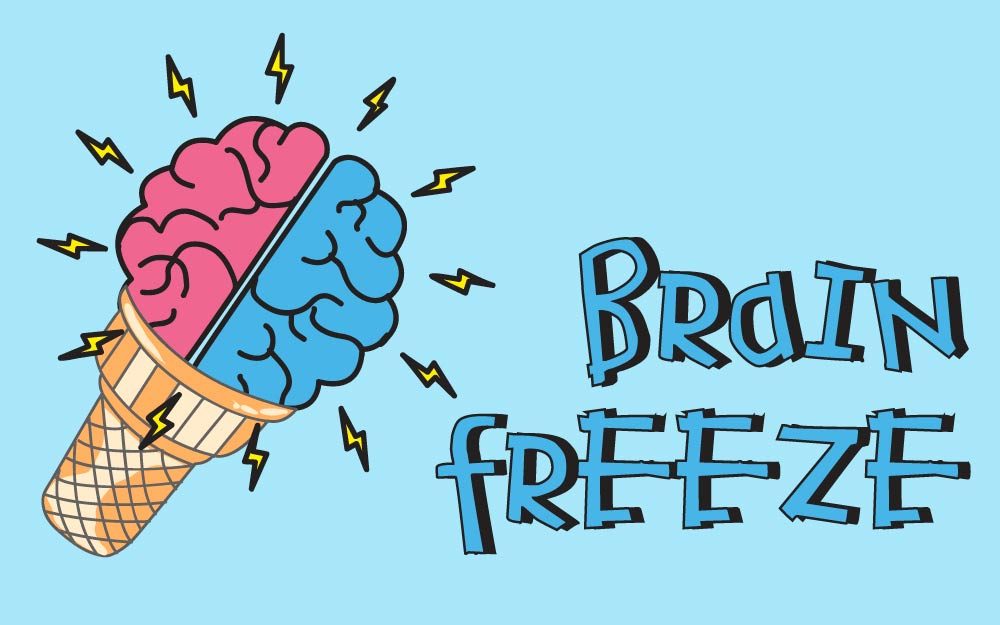#BrainFreeze,#Popsicle #Slush #IceCream
Most people have likely experienced brain freeze — the debilitating, instantaneous pain in the temples after eating something frozen — but researchers didn't really understand what causes it, until now.
Previous studies have found that migraine sufferers are actually more likely to get brain freeze than people who don't get migraines. Because of this, the researchers thought the two might share some kind of common mechanism or cause, so they decided to use brain freeze to study migraines.
Headaches like migraines are difficult to study because they are unpredictable. Researchers aren't able to monitor a whole one from start to finish in the lab. They can give drugs to induce migraines, but those can also have side effects that interfere with the results. Brain freeze can quickly and easily be used to start a headache in the lab, and it also ends quickly, which makes monitoring the entire event easy.
The researchers brought on brain freeze in the lab by having 13 healthy volunteers sip ice water through a straw right up against the roof of their mouth. The volunteers raised their hands when they felt the familiar brain freeze come on, and raised them again once it disappeared.
The researchers monitored the blood flow through their brains using an ultrasound-like process on the skull. They saw that increased blood flow to the brain through a blood vessel called the anterior cerebral artery, which is located in the middle of the brain behind the eyes. This increase in flow and resulting increase in size in this artery brought on the pain associated with brain freeze.
When the artery constricts, reining in the response to this increased flow, the pain disappears. The dilation, then quick constriction, of this blood vessel may be a type of self-defense for the brain, the researchers suggested. "The brain is one of the relatively important organs in the body, and it needs to be working all the time," study researcher Jorge Serrador, of Harvard Medical School, said in a statement. "It's fairly sensitive to temperature, so vasodilation [the widening of the blood vessels ] might be moving warm blood inside tissue to make sure the brain stays warm."
This influx of blood can't be cleared as quickly as it is coming in during the brain freeze, so it could raise the pressure inside the skull and induce pain that way. As the pressure and temperature in the brain rise, the blood vessel constricts, reducing pressure in the brain before it reaches dangerous levels.
If other headaches work in the same way, drugs that stop these blood vessels from opening up, or that could make this blood vessel constrict could help treat them, the researchers say.
By Jennifer Walsh - MSMBC LiveScience


Comments
Post a Comment